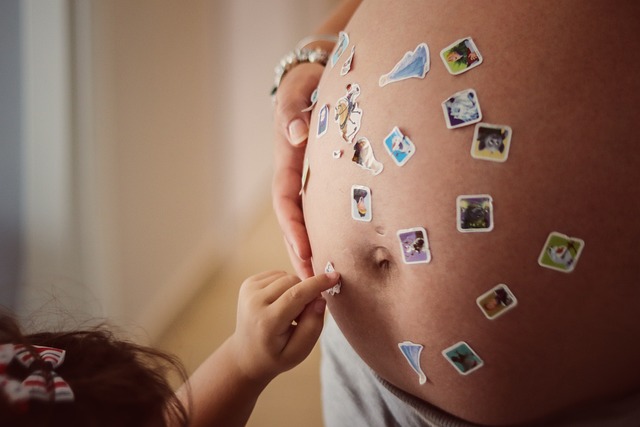Got questions? Feel free to reach out!
So, what exactly is IUI? Intrauterine insemination, or IUI for short, is a procedure where processed sperm is placed directly into a woman’s uterus. This technique boosts the chances of pregnancy by getting the best sperm cells right to where they need to be, closer to the egg, at just the right time in your cycle. This way, they don’t have to swim through the cervix, which can be a bit of a barrier. Once fertilization occurs, usually in the fallopian tube, the fertilized egg makes its way to the uterus to begin the pregnancy journey.
Now, if you’re considering IUI with donated sperm, known as IUI-D, it’s the same idea but uses sperm from a donor. This option is often great for single women and lesbian couples wanting to start a family, or for heterosexual couples when the male partner has fertility issues or genetic concerns.
What’s the process like?
Before the insemination, your and your partner’s information is double-checked to avoid mistakes. It’s actually easier if your bladder isn’t fully empty. After you get settled on the exam chair, a speculum is placed inside to help the doctor see your cervix. Then, a thin catheter is used to deliver the sperm right into your uterus. You might notice the speculum, but the catheter insertion is usually painless. Once it’s done, you can get dressed and head out.
After the procedure, you enter a crucial waiting period. Typically, you’ll wait about 10 to 14 days after ovulation to see if your period starts. If it doesn’t, it’s time for a pregnancy test. You can carry on with your daily activities and even have sex if you’d like. Just remember to take care of yourself as if you were already pregnant — that means being mindful of what you eat and drink. It’s also a good idea to start taking folic acid about four weeks before insemination and continue for the first ten weeks of pregnancy. If you’re not pregnant, you can look to start a new IUI cycle the following month. If you are pregnant, it’s time to schedule an ultrasound appointment around week seven or eight.
Emotional Considerations
Trying to conceive can be as much about your mental state as your physical health. If you need a break during your IUI treatments, that’s completely okay. You can always have a chat with your doctor if you need some support. At TFP MC Kinderwens, we believe that emotional support is super important, and you can easily book a free session with our fertility counselor anytime.
When might IUI be helpful?
IUI can be an excellent option for couples facing various challenges. Here are some scenarios:
- Natural Cycle IUI: Recommended when the male has low sperm quality, is unable to have intercourse, has antibodies against his sperm, or experiences retrograde ejaculation.
- Stimulated Cycle IUI: Suggested for couples dealing with unexplained fertility issues and lower chances of natural conception, or if natural cycle IUI hasn’t worked.
- IUI with Donor Sperm: Ideal for couples with male infertility, hereditary disease concerns, single women, and lesbian couples.
Want to dive deeper? Check out our blog post on the best maternity jeans recommended by a mom. And if you’re looking for at-home options, Babymaker has an insemination kit that’s worth checking out. For more info on donor insemination, take a look at this excellent resource.
In Summary
IUI is a helpful procedure for those looking to conceive, whether using partner or donor sperm. It’s important to understand the process, emotional aspects, and when it may be most effective.

